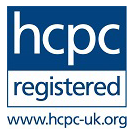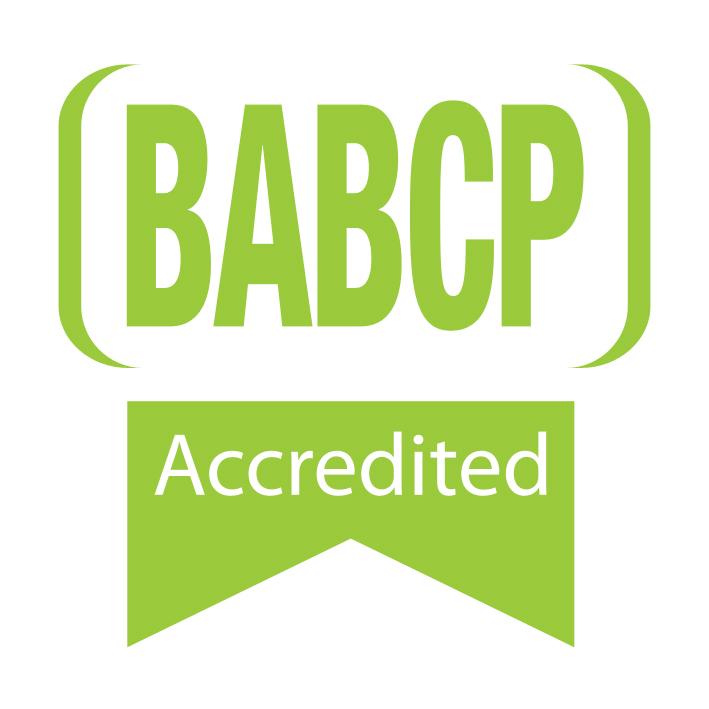Parental Support: when to worry about your children's lies and how to deal with them?
Until a certain age, lying is a natural part of a child’s development, helping them explore the boundaries between fantasy and reality, protect themselves from the consequences of their actions, and better understand how others think.
Lying in Different Stages of Development
Before the age of six or seven, children’s minds are influenced by magical thinking, where reality and fantasy are intertwined. Early lies often represent a form of magic for children, helping them alter reality—especially when it is perceived as unpleasant. For example, if a child says they didn’t secretly eat the cake or didn’t break a vase, they believe that, as if by magic, nothing happened—they can “make the damage disappear” and avoid disappointing their parents.
The same magical mechanism also comes into play when children do not just lie to excuse themselves but shift blame and responsibility onto someone else. For instance, between the ages of two and three, a child facing mischief may not only deny responsibility by saying “it wasn’t me” but may also point to a sibling, perhaps one who is asleep or was not even present.
Although children can intentionally lie from the preschool stage, they often do not do so with the malice seen in later stages. Accusing a young child of lying may assign them a label that is difficult to shake off, and around age six, this can lead the child to lie intentionally and behave as the adult has labelled them—a “little liar.”
With the start of primary school, around age six, lying can stem from the desire for approval and independence. Some children may lie to meet their parents’ expectations, presenting an improved version of themselves to avoid disappointing their parents. Others may lie to escape overly controlling adults, seeking personal autonomy and space.
During adolescence, lies can become more elaborate and strategic, driven by the need to maintain privacy or avoid negative reactions from parents. Teenagers may lie to protect themselves or avoid taking responsibility for their actions.
When a Child Lies: Should You Worry?
When a child lies, it is natural to ask whether it is a cause for concern. Consider the following factors:
- Age and development: Sometimes lying reflects a developmental stage, as discussed above. However, it can also indicate psychological issues. For example, children with anxiety or depression may lie out of fear of the consequences of telling the truth, while those with conduct disorders may lie without remorse or guilt.
- Frequency: An occasional lie differs greatly from habitual lying. Frequent lying warrants investigation into its origin, using empathetic communication to understand the underlying motivations.
- Motivations: It is important to understand why the child lied. They may do so out of fear, to gain attention, or to protect someone else. Understanding the context helps respond appropriately.
How Should Parents Respond?
When a child or adolescent lies frequently, it is important to identify the underlying cause. Parents should learn, from an early age, to emotionally listen to the message behind the lie, as it may be a reaction to fear, emotional discomfort, or anger.
It is crucial to speak openly and non-judgmentally with the child, ask why they lied, and listen to their reasons. This approach helps build trust.
Parents should also use opportunities to teach the importance of honesty and the consequences of lying, while modelling honest behaviour themselves.
If professional support is needed, you can schedule a free 10-minute consultation to learn how Mindscape clinicians can help. Alternatively, you can fill out the form with your preferred call time and contact number, and a team member will contact you within 48 hours.
References
Dike, C. C. (2008, June 1). Pathological lying: Symptom or disease? Psychiatric Times, 7(25). http://www.psychiatrictimes.com/articles/pathological-lying-symptom-or-disease
Ding, X. P., Wellman, H. M., Wang, Y., Fu, G., & Lee, K. (2015). Theory-of-mind training causes honest young children to lie. Psychological Science, 26(11), 1812–1821. https://doi.org/10.1177/0956797615604628
Evans, A. D., & Lee, K. (2013). Emergence of lying in very young children. Developmental Psychology, 49(10), 1958–1963. https://doi.org/10.1037/a0031409
Miller, C. (2018, March 19). Why kids lie and what parents can do about it. Child Mind Institute. https://childmind.org/article/why-kids-lie







